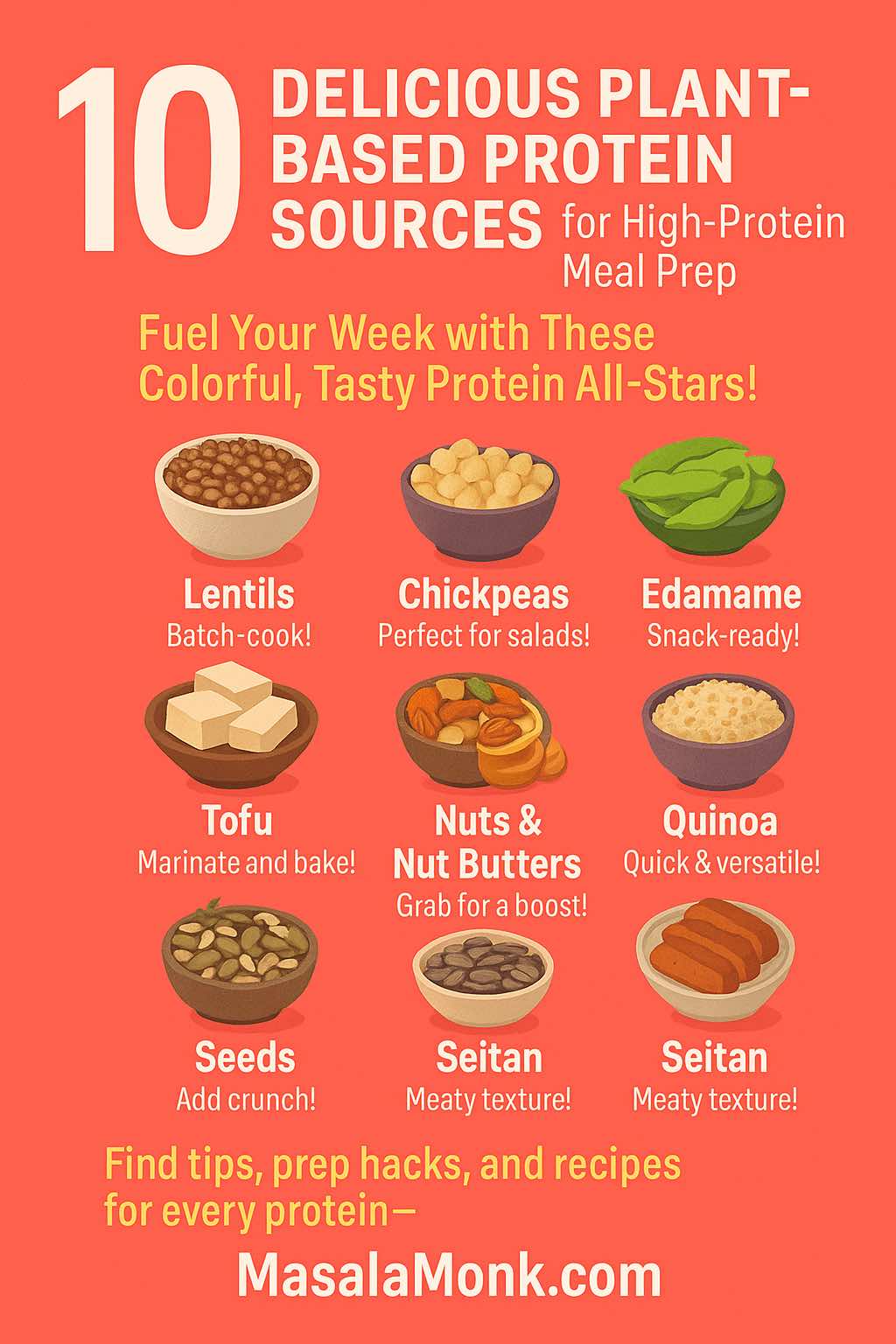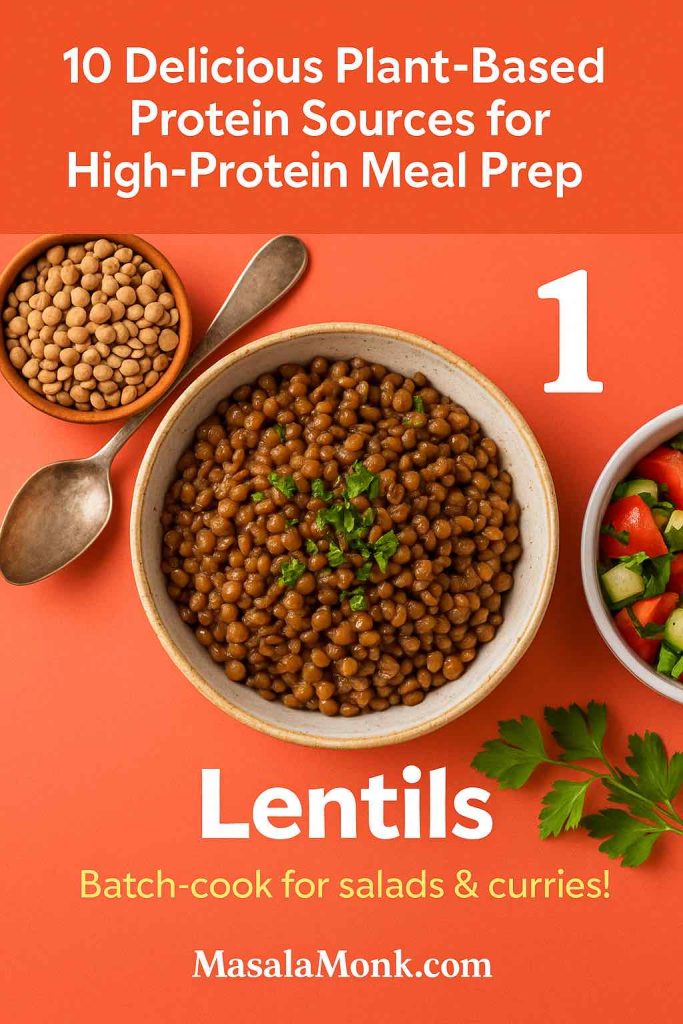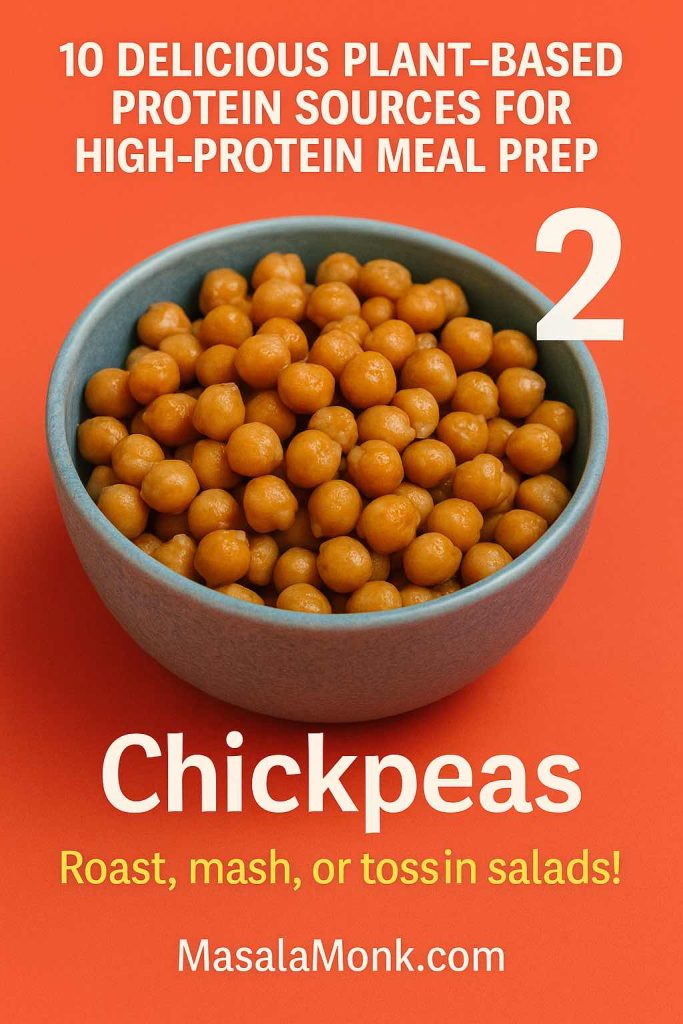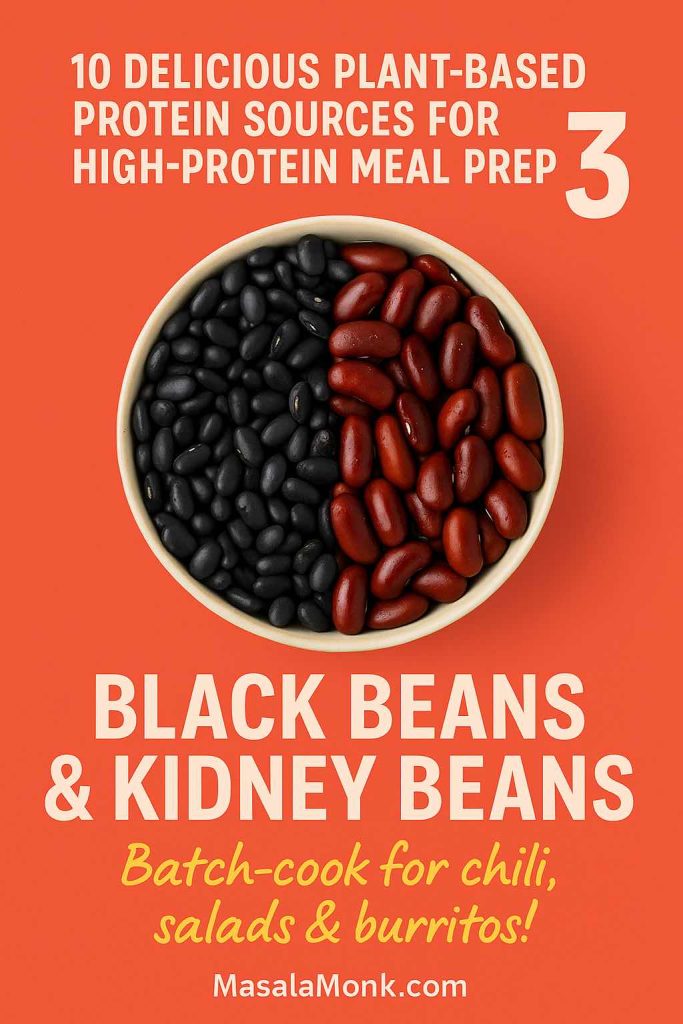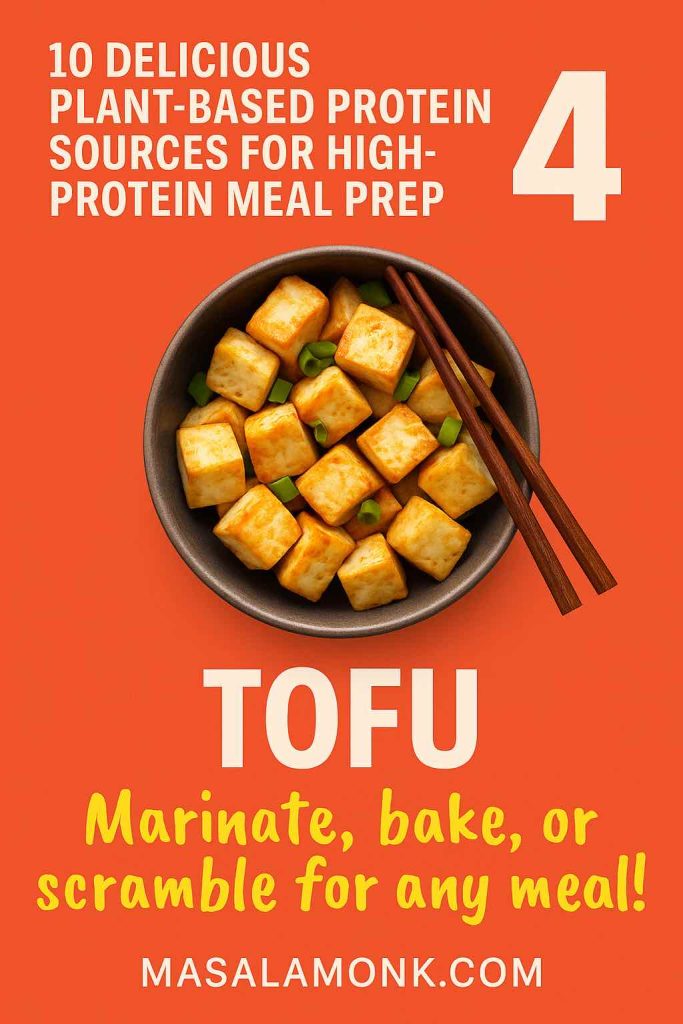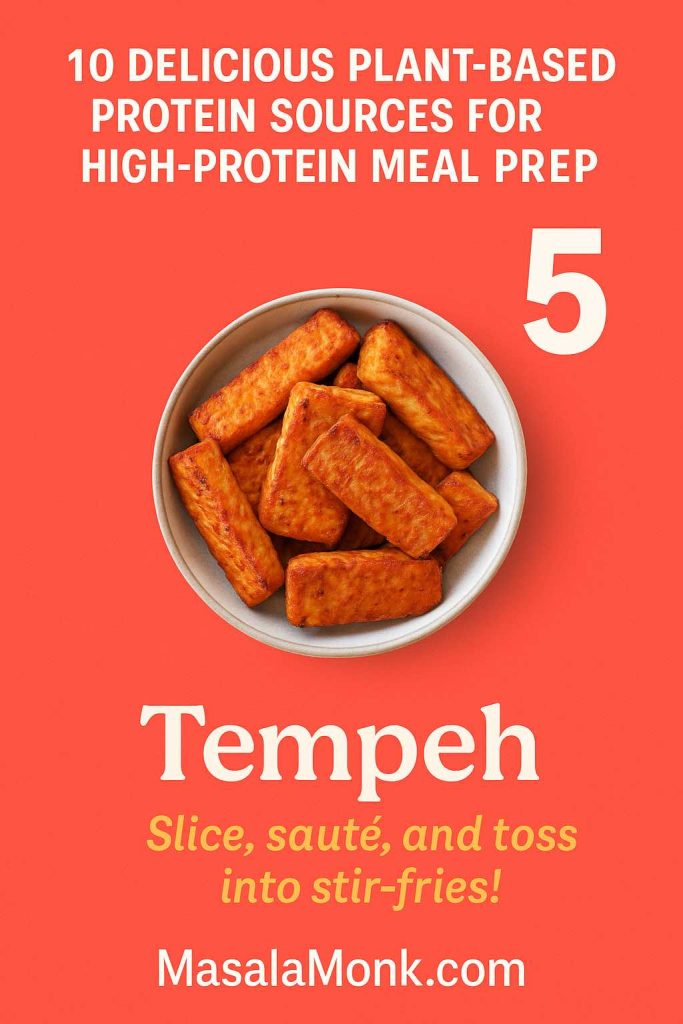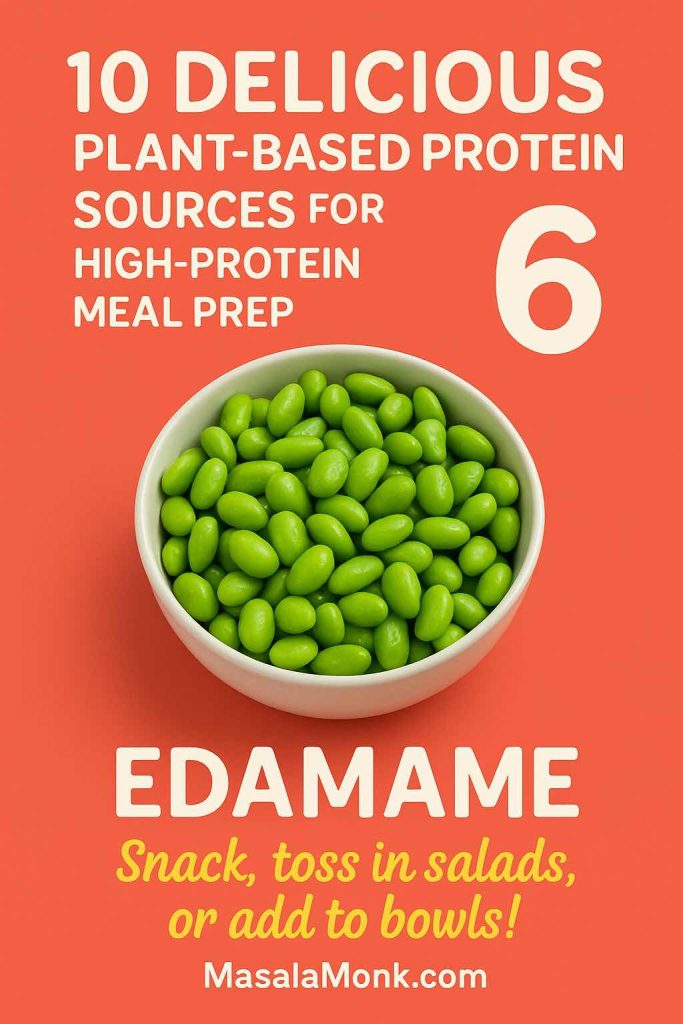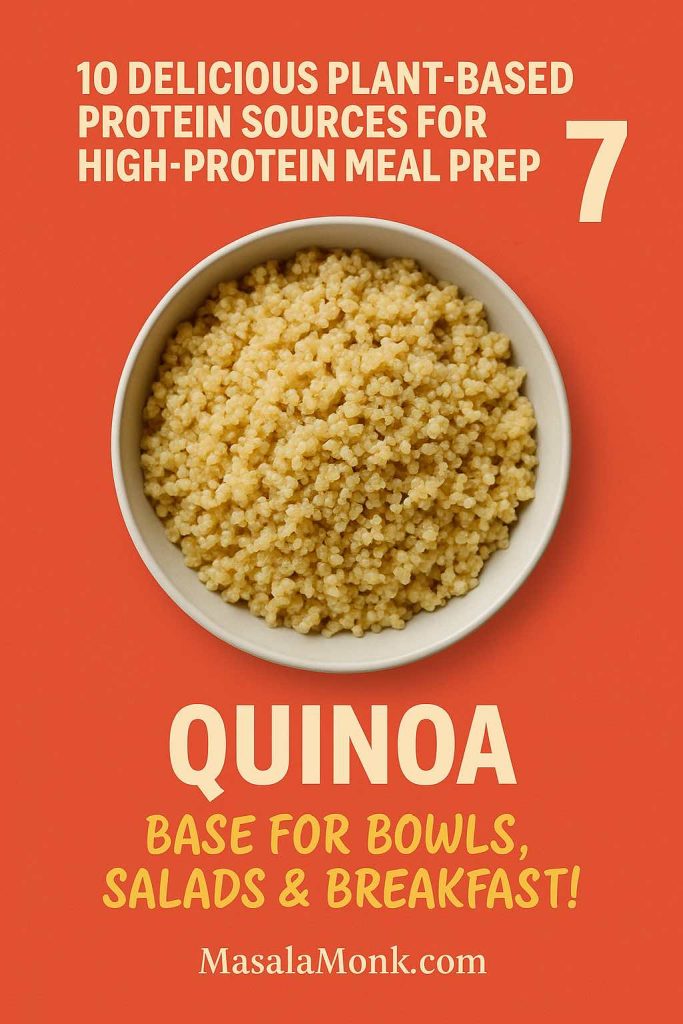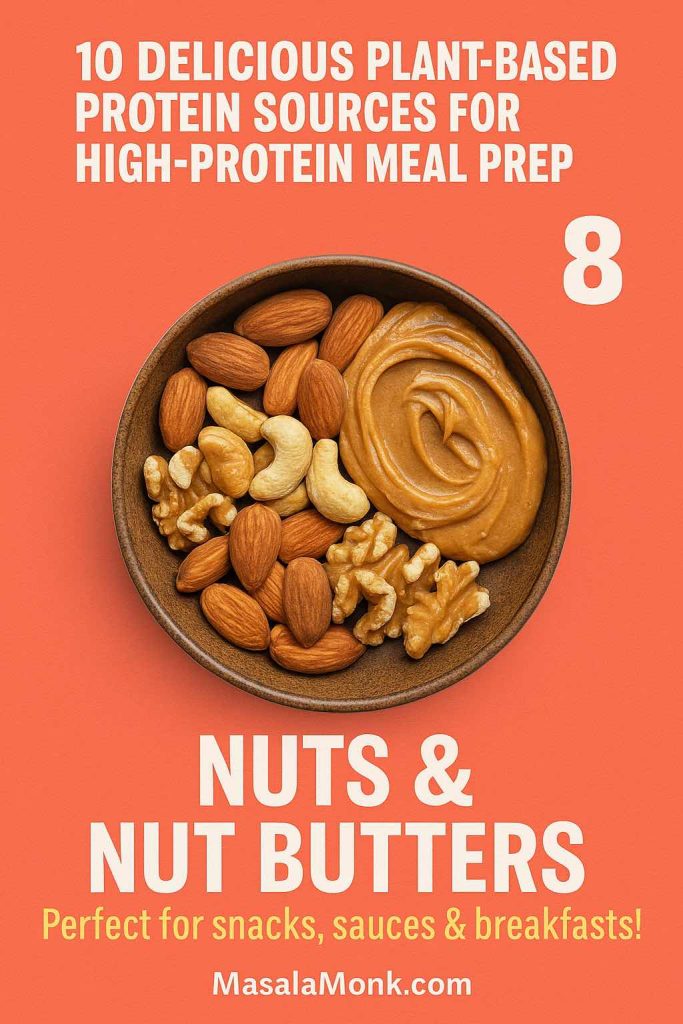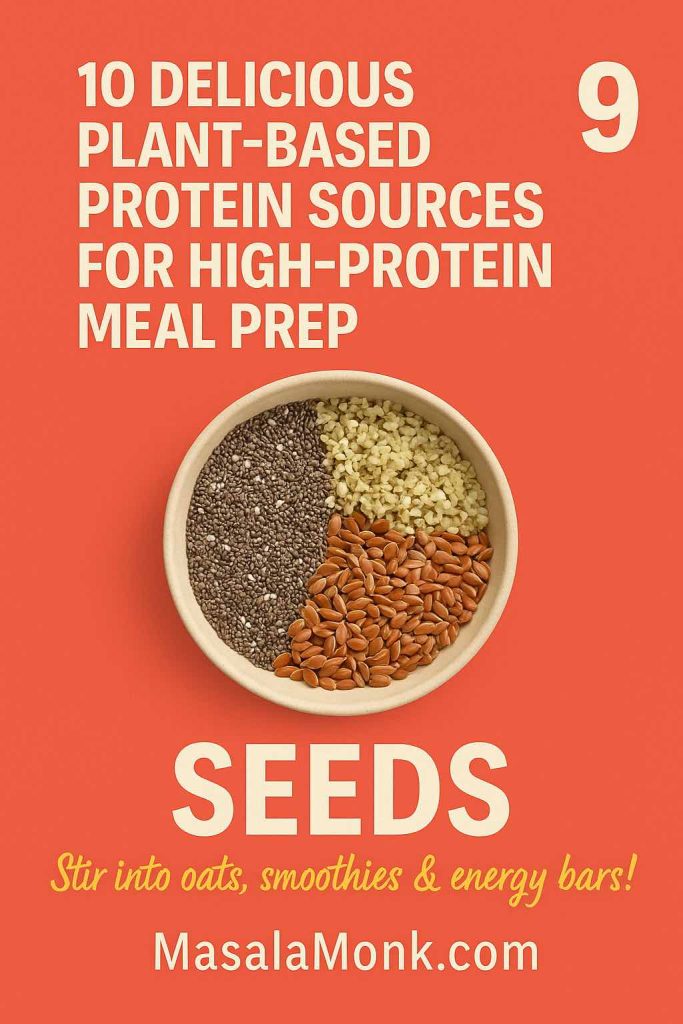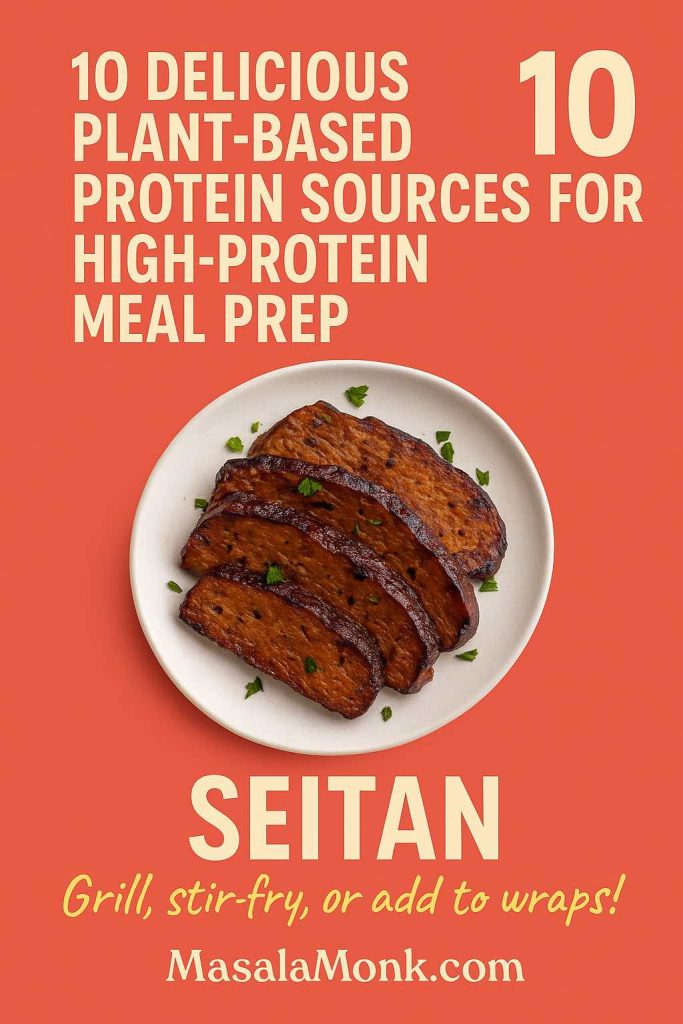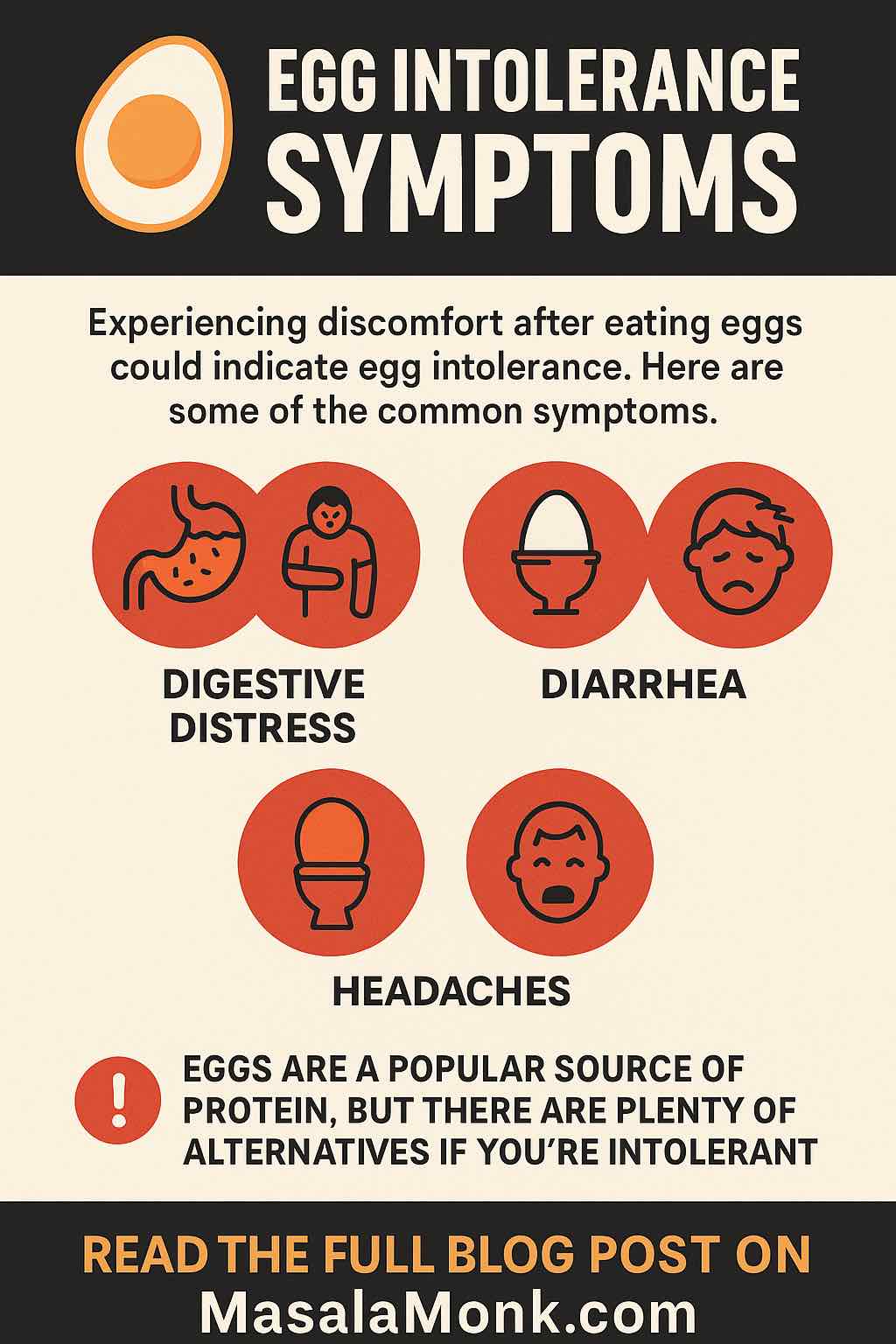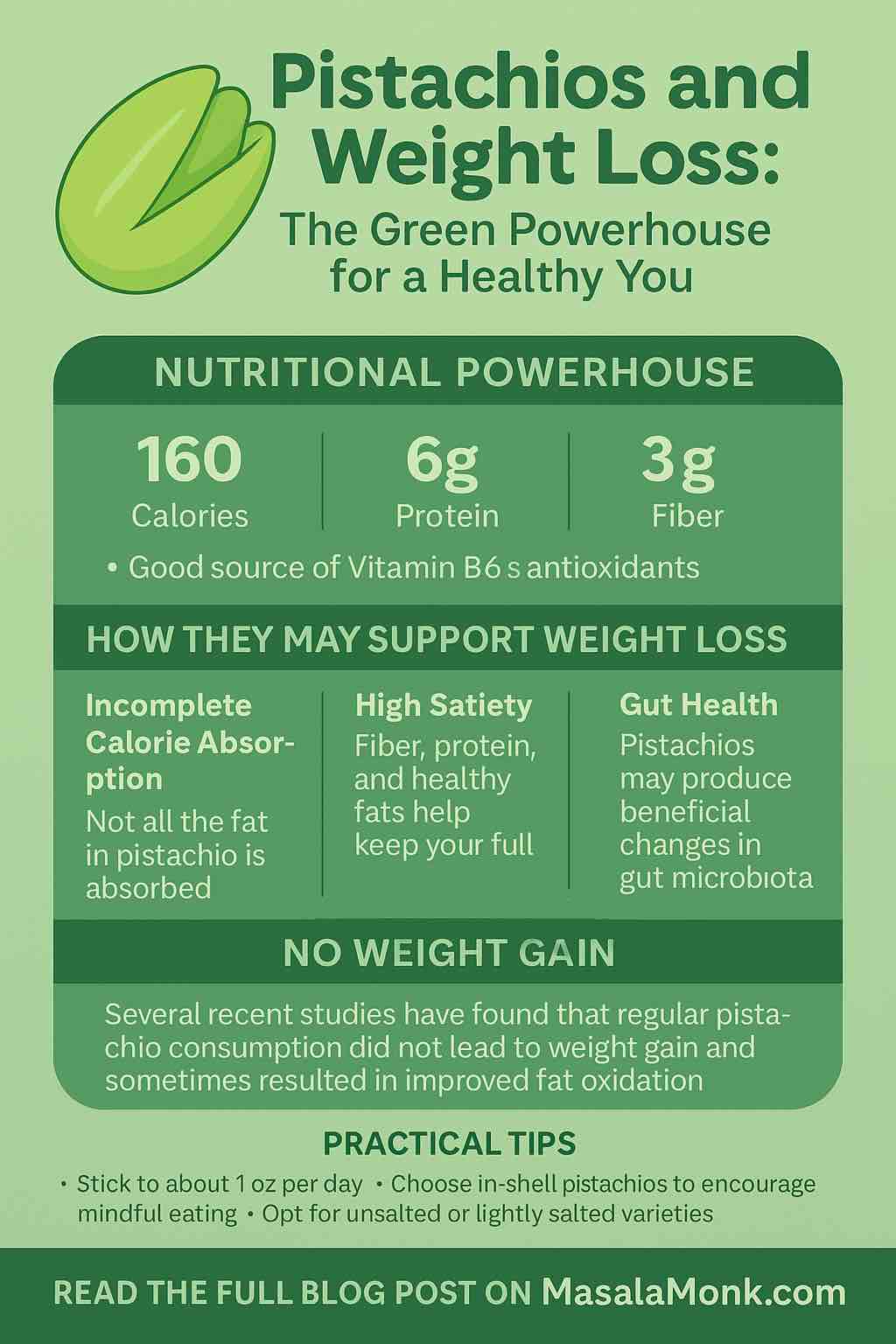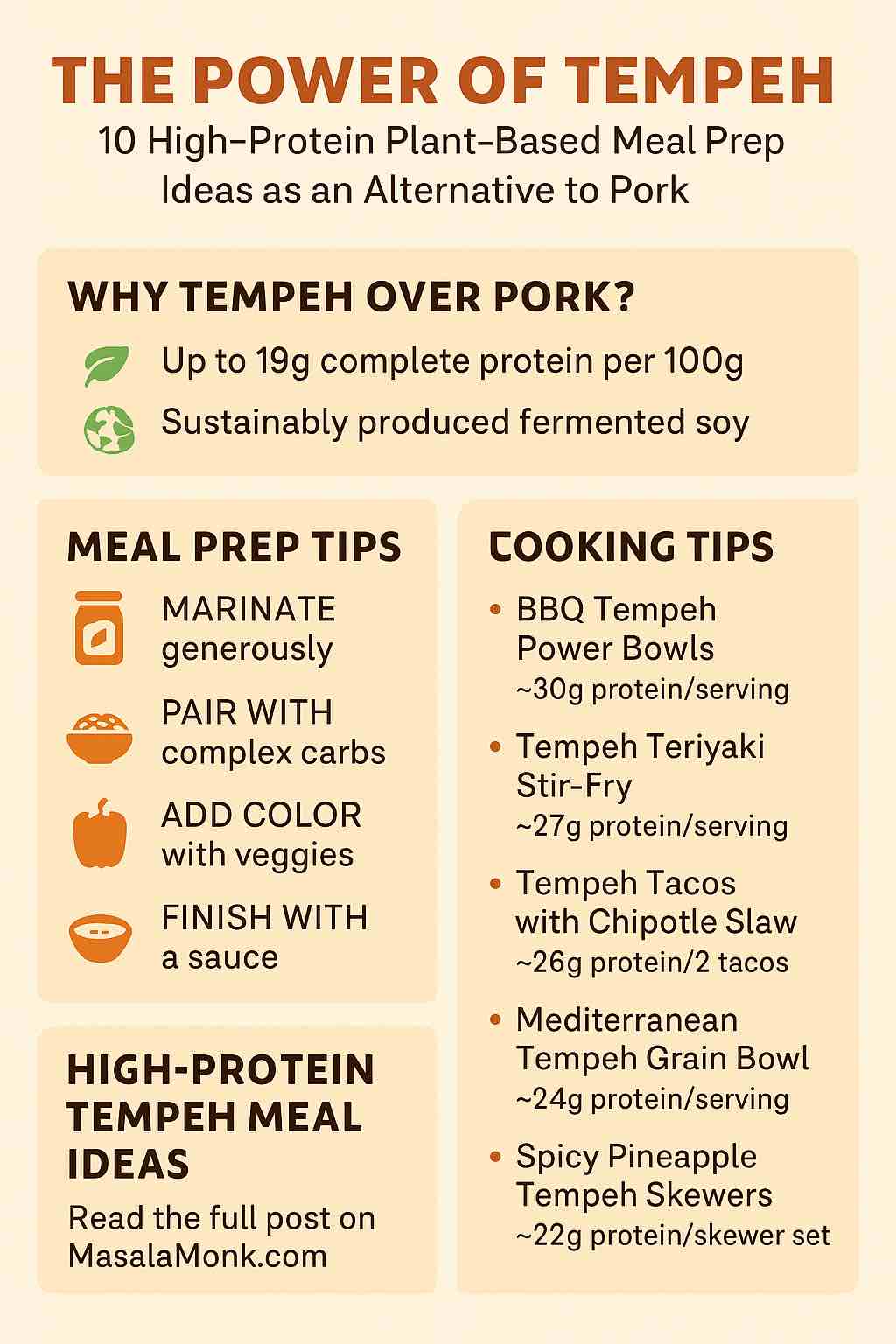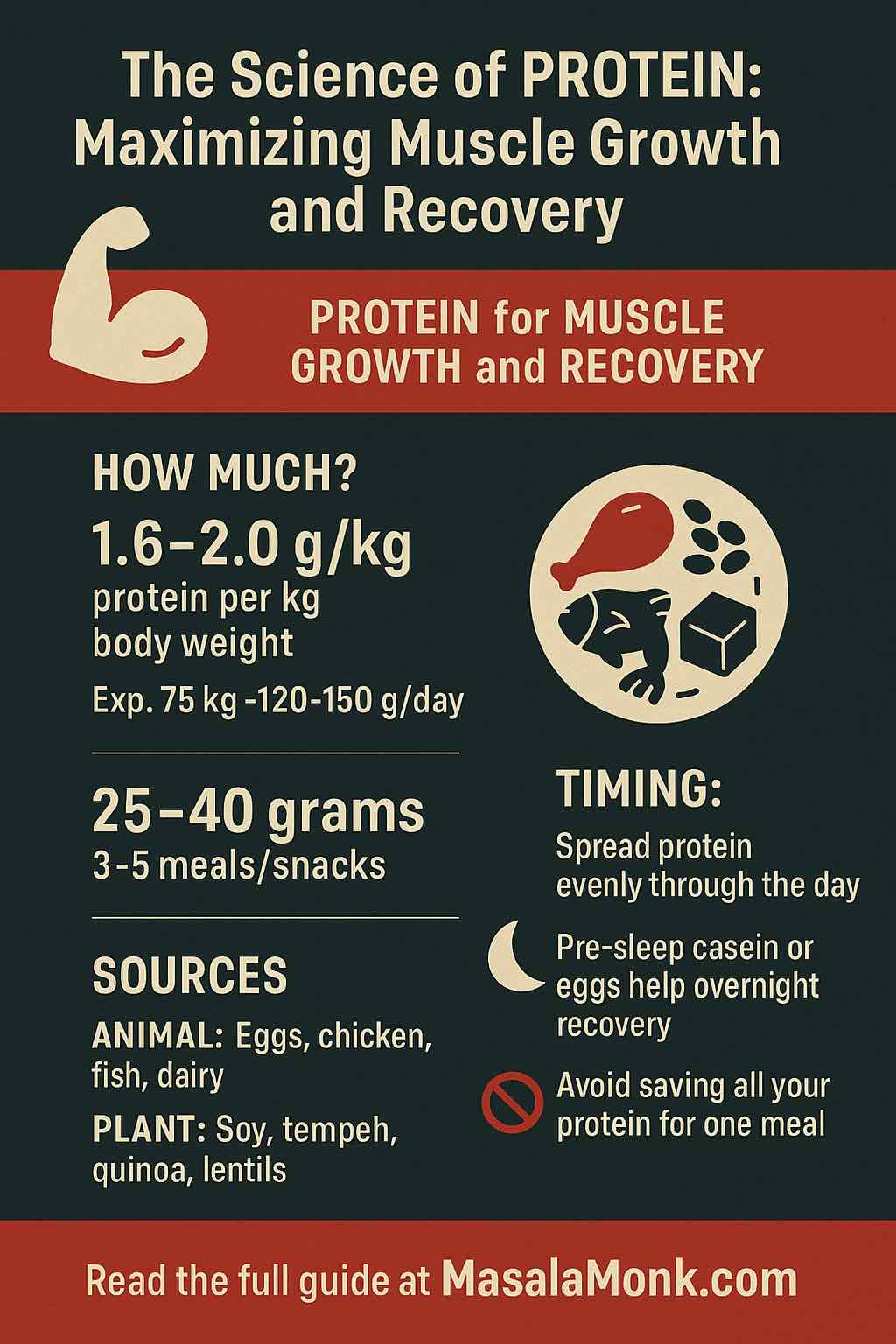
Walk into any gym and you’ll hear the same conversations on repeat:
“How many grams of protein do you eat?”
“Did you have your shake yet?”
“Is plant protein even worth it?”
Protein is the most talked-about nutrient in fitness — and for good reason. It’s the foundation of muscle growth and repair, the nutrient that can make or break your progress in the gym, on the track, or even in day-to-day energy levels.
The problem? Along with the facts, there’s a lot of confusion, outdated advice, and flat-out myths.
The good news: you don’t need a complicated spreadsheet, a bodybuilder’s diet, or a suitcase of supplements to get it right.
In this guide, we’ll break down the science of protein so you can:
- Understand what it does in your body
- Hit the right targets for growth and recovery
- Choose the best sources for your lifestyle (including plant-based options)
- Time your protein in a way that fits your day
- Avoid the common mistakes that waste effort and money
We’ll also give you real-life meal examples, practical tips, and links to resources that dive deeper into specific protein-rich foods and recipes.
1. Protein 101: What It Actually Does
Protein is one of your three macronutrients (along with carbs and fats) — but unlike carbs and fats, your body doesn’t store it in a big reserve. You have to replenish it regularly from food.
If you want a refresher on the basics, see What Is Protein?.
In the context of training, protein’s main jobs are:
- Repair & rebuild: After exercise, especially resistance training, protein supplies the amino acids your muscles need to fix tiny tears and grow back stronger.
- Enzyme & hormone support: Protein forms enzymes that help with energy production and hormones that regulate muscle adaptation.
- Immune health: Antibodies are proteins — enough protein supports your body’s defense system.
- Satiety & weight control: Protein keeps you full longer than carbs or fats, making it a powerful tool for appetite management.
- Healthy aging: Preventing muscle loss (sarcopenia) as you get older is key for strength, mobility, and independence.
2. The Muscle Growth & Recovery Process
Muscle gain is not magic — it’s a science-backed cycle:
Step 1 – Stimulus:
You train. Whether it’s lifting weights, sprinting, or bodyweight circuits, you stress your muscles, causing micro-tears in the fibers.
Step 2 – Repair:
Your body sends amino acids to those muscles to patch the damage. This is called muscle protein synthesis (MPS).
Step 3 – Adaptation:
If your protein intake is sufficient and recovery is adequate, your muscles come back stronger, thicker, and more resilient.
The balancing act:
Every day, your muscles are in a tug-of-war between MPS and muscle protein breakdown (MPB). To grow, you want MPS to win — and that only happens consistently if you get enough high-quality protein.
3. How Much Protein Do You Need?
Forget the outdated “50 g/day” you might see on a nutrition label — that’s just to avoid deficiency.
If your goal is muscle growth and faster recovery:
- Aim for 1.6 g of protein per kilogram of body weight per day as your baseline.
- Go up to 2.0 g/kg if you’re:
- Training hard with high volume
- Dieting and trying to maintain muscle
- An advanced lifter pushing for small gains
Example:
- 60 kg (132 lbs) → 96–120 g/day
- 75 kg (165 lbs) → 120–150 g/day
- 90 kg (198 lbs) → 144–180 g/day
Need ideas for hitting those numbers? Start with How to Eat 100 Grams of Protein a Day.
4. The Per-Meal “Anabolic Threshold”
Here’s where many people trip up: you can’t just slam all your protein in one meal and expect optimal results.
Your muscles respond best when you hit a per-meal protein dose that triggers MPS — about:
- 0.3–0.4 g/kg per meal
- For most adults, that’s 25–40 g protein per sitting
Examples:
- 3 large eggs + 150 g Greek yogurt (Protein in 3 Scrambled Eggs)
- Lentil + quinoa bowl (10 Plant-Based Meal Prep Ideas Using Quinoa)
- Salmon fillet + veggies
5. Timing: When to Eat Protein
The “anabolic window” isn’t just 30 minutes long — research shows your muscles stay responsive to protein for hours after training.
Best practices:
- Spread your protein across 3–5 meals/snacks per day.
- If your next meal is >3 hours away after training, have a post-workout shake.
- Pre-sleep protein (like casein or eggs) helps keep MPS elevated overnight (Benefits of Eating Boiled Eggs at Night).
6. Protein Sources: Animal vs. Plant
Animal proteins (meat, fish, dairy, eggs) have complete amino acid profiles and digest efficiently.
Plant proteins can match results if you:
- Eat slightly larger servings
- Combine complementary sources
- Focus on leucine-rich plants like soy, lentils, peanuts
Ideas for variety:
- 10 Delicious Plant-Based Protein Sources
- Benefits of Nuts and Seeds – Protein-Packed Superfoods
- The Power of Tempeh
7. Special Recovery Strategies
- Pre-sleep protein: 20–40 g of slow-digesting protein before bed can support overnight recovery.
- Low-calorie days: Choose nutrient-dense, high-protein, low-calorie foods like Egg Whites for Weight Loss or Calories & Nutrition in Egg Whites.
- Digestive comfort: If eggs upset your stomach, read Symptoms of Egg Allergy or Egg Intolerance Symptoms.
8. Sample Meal Plans for Different Lifestyles
Omnivore (~140 g/day for a 75 kg person)
- Breakfast: 3 eggs + spinach + wholegrain toast (25 g)
- Snack: Whey shake + banana (25 g)
- Lunch: Grilled chicken + quinoa + salad (35 g)
- Snack: Greek yogurt + almonds (20 g)
- Dinner: Salmon + sweet potato + broccoli (35 g)
Vegetarian (~130 g/day)
- Breakfast: Greek yogurt + berries + oats (25 g)
- Snack: Whey or soy shake (25 g)
- Lunch: Tempeh stir-fry + rice (The Power of Tempeh) (30 g)
- Snack: Cottage cheese + walnuts (20 g)
- Dinner: Lentil & quinoa salad (30 g)
Vegan (~125 g/day)
- Breakfast: Tofu scramble + toast (25 g)
- Snack: Soy protein shake (25 g)
- Lunch: Lentil chili + wholegrain bread (30 g)
- Snack: Peanut butter + apple (Benefits of Nuts and Seeds) (15 g)
- Dinner: Quinoa + chickpea curry (10 Plant-Based Meal Prep Ideas Using Quinoa) (30 g)
9. Common Mistakes to Avoid
- Saving all your protein for dinner – Spread it through the day.
- Ignoring plant proteins – They work if you plan the mix.
- Over-relying on supplements – Whole foods offer more nutrients.
- Fearing “too much” protein – Safe for healthy people at these ranges.
10. The Takeaway
If you remember only three things from this guide:
- Daily target: 1.6–2.0 g/kg body weight.
- Per meal: 0.3–0.4 g/kg protein, 3–5 times/day.
- Mix it up: Combine animal and/or plant sources you enjoy.
Protein Resources & Related Reads
- What Is Protein?
- How to Eat 100 Grams of Protein a Day
- 10 Delicious Plant-Based Protein Sources
- Benefits of Nuts and Seeds – Protein-Packed Superfoods
- The Power of Tempeh
- 10 Plant-Based Meal Prep Ideas Using Quinoa
- Protein in 3 Scrambled Eggs
- How Much Protein in Two Boiled Eggs?
- Benefits of Eating Boiled Eggs at Night
- Egg Whites for Weight Loss
- Calories & Nutrition in Egg Whites
- Are Expensive Eggs Worth Your Money?
- Symptoms of Egg Allergy
- Egg Intolerance Symptoms
- 5 Turmeric and Moringa Smoothies for Weight Loss
Frequently Asked Questions (FAQs)
1. How much protein should I eat to build muscle?
Most active people do best with 1.6–2.0 g of protein per kilogram of body weight per day. If you’re in a calorie deficit, training with high volume, or advanced in your lifting, aim for the upper end.
2. Is it true you can only absorb 20–30 grams of protein per meal?
No. You can absorb far more — your body digests and uses all the protein you eat. The muscle-building effect (MPS) does plateau around 0.3–0.4 g/kg per meal for most people, which is why spreading protein evenly across meals is smart.
3. Do I need to eat protein immediately after my workout?
Not necessarily. The “anabolic window” lasts for hours, not minutes. If your next meal is within 2–3 hours after training, you’re fine. If it’s further away, a shake or snack can help.
4. What are the best protein sources for muscle growth?
High-quality animal proteins like meat, fish, dairy, and eggs are complete and rich in leucine. Plant proteins like soy, tempeh, lentils, and quinoa work too — just increase the serving or combine sources to match amino acid needs.
5. Can I build muscle on a vegan diet?
Yes. Focus on leucine-rich foods like soy, lentils, and peanuts, combine complementary proteins, and aim for slightly higher total protein (closer to 2.0 g/kg/day).
6. Are protein supplements necessary?
No. They’re convenient, not essential. Whole foods should make up most of your protein intake. Powders are just an easy way to fill gaps.
7. Is too much protein bad for my kidneys?
In healthy individuals, there’s no strong evidence that higher-protein diets harm kidney function. If you have kidney disease, follow your doctor’s advice.
8. What’s the best time to eat protein for recovery?
Spread it across the day — 3–5 meals/snacks — and consider a slow-digesting protein like casein before bed to support overnight recovery.
9. How do I know if I’m getting enough protein?
Track your intake for a few days using a food logging app. Compare your daily total to your target range (1.6–2.0 g/kg/day). Adjust meals and snacks accordingly.
10. Can I still gain muscle if I miss my protein target occasionally?
Yes. Progress is about long-term consistency. Missing your target once in a while won’t erase gains — but consistently falling short will slow them.

